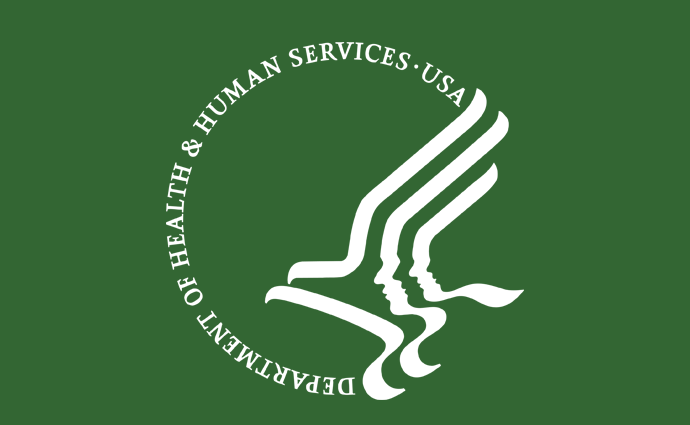HHS Defends Hospital Price Transparency Rule to Judge
HHS motioned for the court to throw out a lawsuit challenging a hospital price transparency rule, arguing that Congress intended for prices to be public.

Source: Department of Health & Human Services
- Patients should be able to know the prices of services before they receive care, HHS stated in response to a lawsuit challenging the department’s most recent hospital price transparency requirement.
The court brief obtained by the American Hospital Association – a plaintiff in the case against requirement – defended the requirement slated to take effect in 2021, stating that HHS is well within its authority to require the disclosure of payer-negotiated rates, which Congress included in its definition of “standard charges” in a 2010 law seeking to reduce the cost of healthcare coverage. In the brief, HHS also rebuffed claims that the hospital price transparency requirement violates the First Amendment.
“At bottom, everyone agrees that consumers are fumbling in the dark for information about how much their hospital care will cost,” the brief filed on Tuesday stated. “HHS chose to shine light on the problem; Plaintiffs are quibbling over the agency’s choice of wattage.”
As the costs of healthcare continue to rise, the Trump administration has made it a top priority to unveil the prices of care in an effort to empower consumers to shop around for the best value. The administration believes unveiling hospital prices, which are negotiated behind closed doors with private payers, will achieve just that.
But the requirement finalized in November 2019 was not welcome by industry stakeholders, and hospitals challenged the requirement a month later. The hospitals argued that the rule exceeds HHS’ authority and violates the First Amendment by forcing hospitals to release proprietary information. Chargemaster and payer-specific rates are proprietary because the prices are used for negotiating rates with private payers, hospitals explain.
But “cat is already out of the bag” when it comes to hospital pricing information, HHS explained, because patients receive a breakdown of hospital rates from the insurance company as part of the explanation of benefits.
“The information the Price Transparency Rule principally targets is thus already out there, sitting in the file cabinets and inboxes of millions of patients who are free to share those rates with the world,” the court brief stated.
Making these charges public as the hospital price transparency rule requires would instead “lead to better-informed consumers and, as a result, lower prices,” HHS stressed.
But hospitals argue that publicizing these charges will confuse consumers more because most will never have to pay that price. Instead, the providers advocate for providing patients with what they will owe after factoring in payer-specific discounted rates, deductibles, and copayments.
HHS snubbed this line of thinking and accused hospitals of adding to the confusion.
“Stepping back, Plaintiffs have taken a ‘heads-I-win, tails-you-lose’ approach to the issue of consumer confusion,” the federal department explained. “They do not dispute that consumers are casting about for accurate information about prices in a complex healthcare system, yet they rely on that same complexity as an affirmative reason to deprive patients of pricing information they need to figure out their out-of-pocket expenses.”
Disclosing payer-negotiated rates provides most patients with the information they need to determine their individual costs for care, the federal department reasoned. They added that, “[E]ven incomplete information is better than the status quo, which leaves intact the barriers that prevent patients from learning basic facts about the cost of their care.”
HHS maintained that the hospital price transparency rule is a step in the right direction for patients who are paying more for care. Therefore, the federal department motioned for summary judgment, which would stop the case from proceeding if granted.
